German Shepherds are the full package—loyal, intelligent, and always ready to protect their people. But owning one isn’t just about enjoying their companionship; it’s also about meeting their high energy and mental stimulation needs. These dogs thrive on structure, training, and plenty of exercise. If you’re up for the challenge, the bond you’ll share with a German Shepherd is nothing short of incredible. Just be prepared: this devoted breed doesn’t do halfway love—it’s all or nothing!
The Origin Story: A Breed Born for Purpose

Imagine the windswept plains of 19th-century Germany, where herding sheep was not just a job but a way of life. German Shepherds were crafted by breeders who wanted a dog with intelligence, strength, and unwavering loyalty. Originally, they were protectors of livestock, not just pets. This deep-rooted instinct to guard and serve still pulses in their veins today. That’s why, even in a cozy living room, you might see your Shepherd watching the windows, always alert. Their history is a reminder: these dogs aren’t just pretty faces—they’re workers at heart. Knowing their past helps us understand their present-day needs and behaviors.
Unmatched Loyalty: The Heart of the German Shepherd
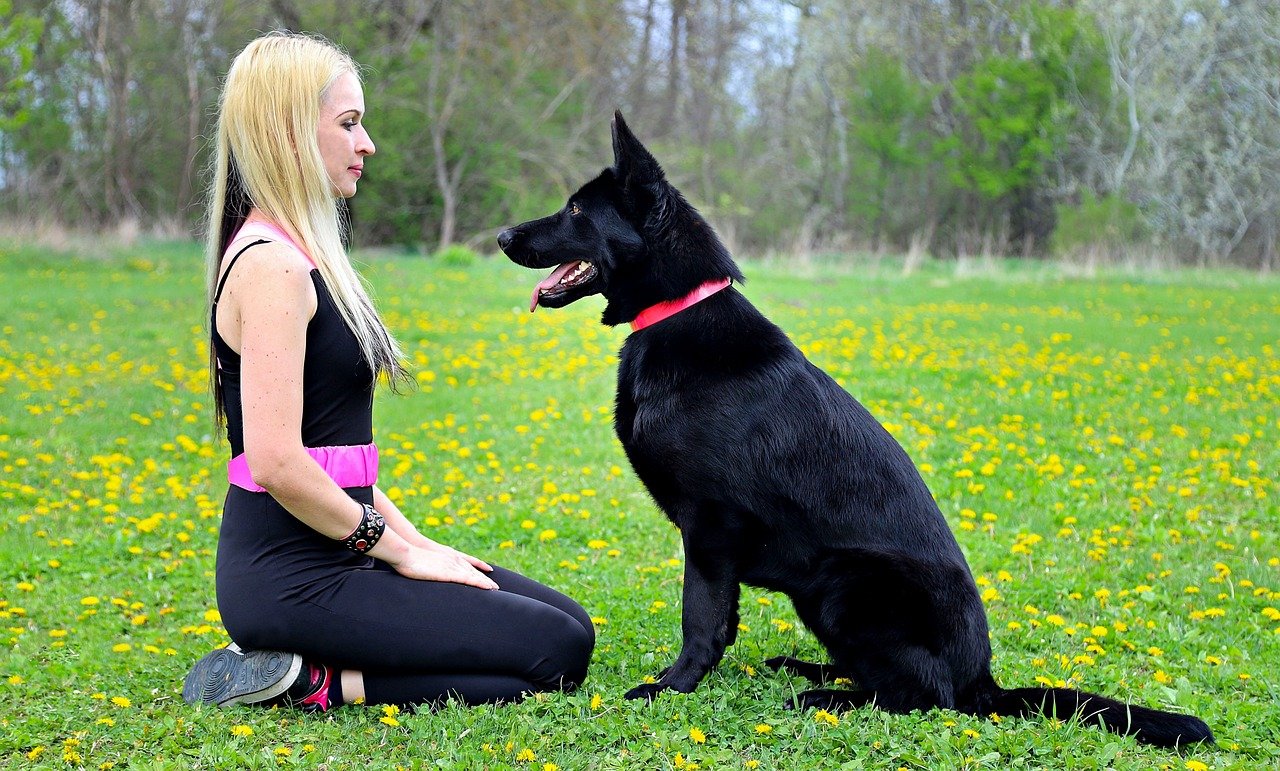
Stories abound of German Shepherds risking their lives to save their families or waiting faithfully for their owners to return. This isn’t just folklore—it’s the real deal. Their loyalty can be almost overwhelming, sometimes leading them to follow their people from room to room. Many Shepherd owners say their dog is like a shadow, always close by, ready to offer comfort or protection. This loyalty makes them wonderful family members, especially in homes where bonds run deep. However, it’s important to remember that such strong attachment can also mean separation anxiety if left alone too long.
The Intelligence Factor: Quick Learners, Deep Thinkers
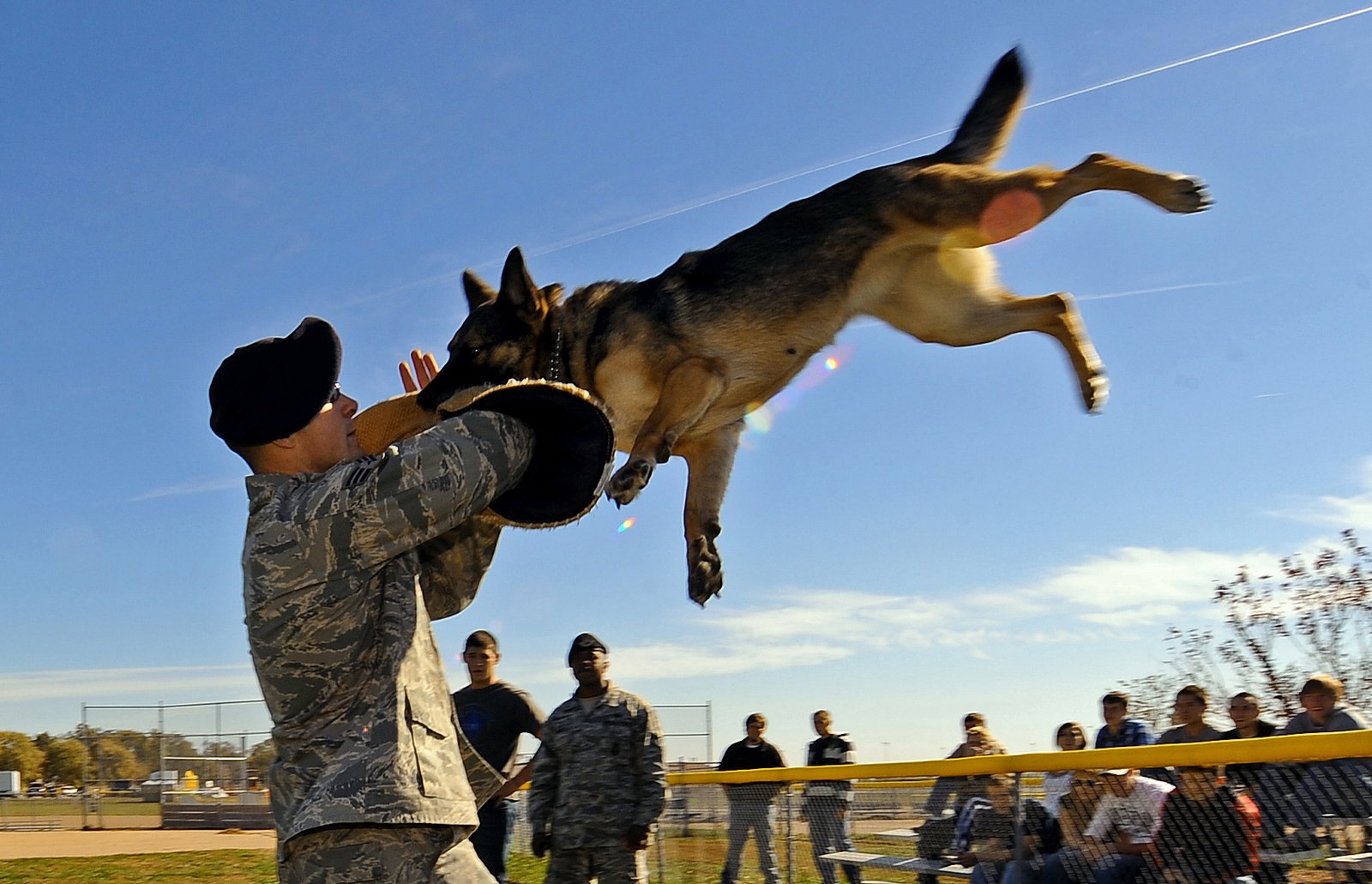
German Shepherds are often called the “Einsteins” of the dog world. They pick up commands quickly, remember routines, and even seem to anticipate their owner’s next move. This intelligence is why they excel in police, military, and service roles. But a smart dog is not always an easy dog. Without challenges or tasks, a German Shepherd can get bored—and boredom can lead to destructive behaviors. Imagine a child genius stuck in a room with nothing to do; that’s your Shepherd without stimulation. They need mental puzzles, games, and training to stay satisfied and happy.
Training: A Must, Not an Option
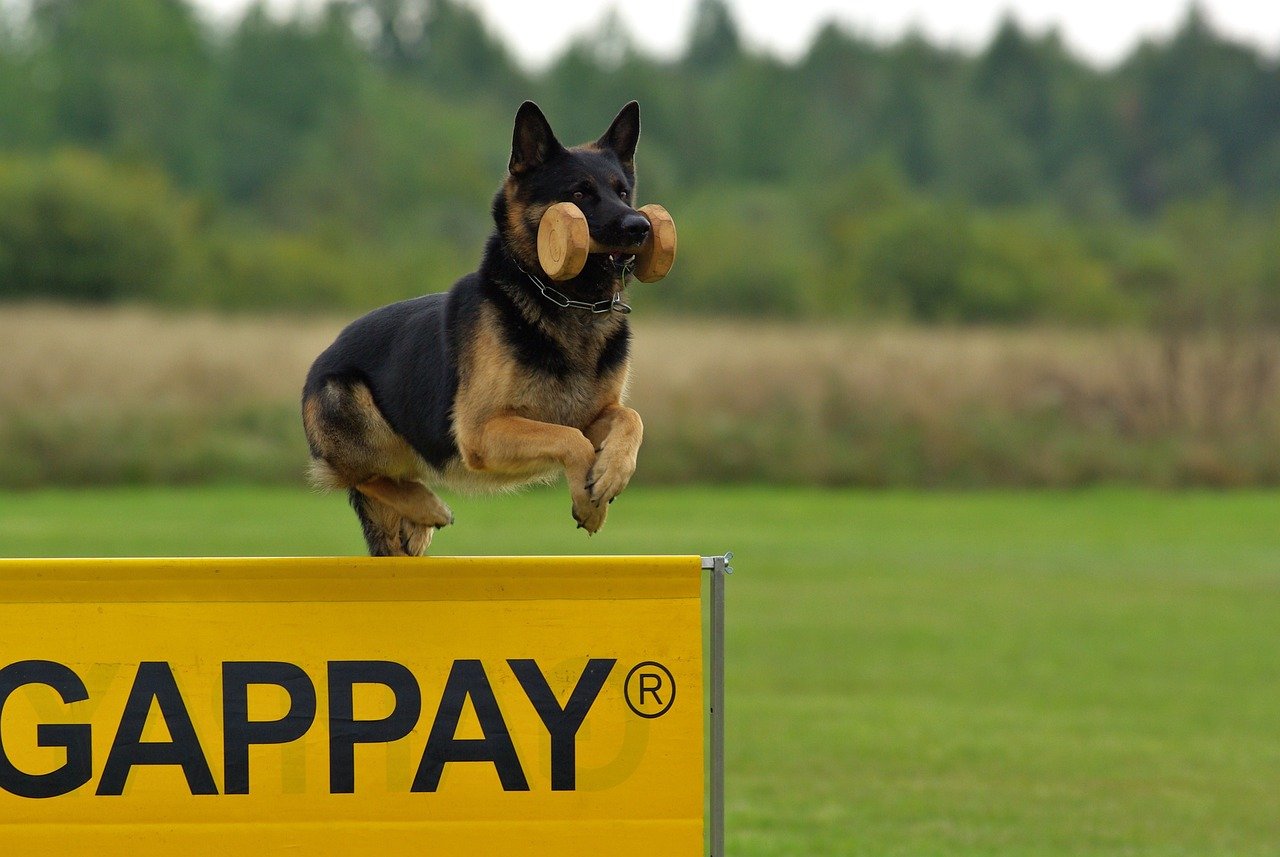
If you want a calm, well-behaved German Shepherd, early and consistent training is essential. These dogs respond best to positive reinforcement—think treats, praise, and play. They want to please their people and thrive when given clear guidance. Skipping training or using harsh methods can backfire, leading to stubbornness or fear. Socialization is just as important: exposing them to different people, animals, and environments helps prevent overprotectiveness and anxiety. A well-trained Shepherd is a joy to be around, while an untrained one can be a handful.
Exercise Needs: Boundless Energy to Burn
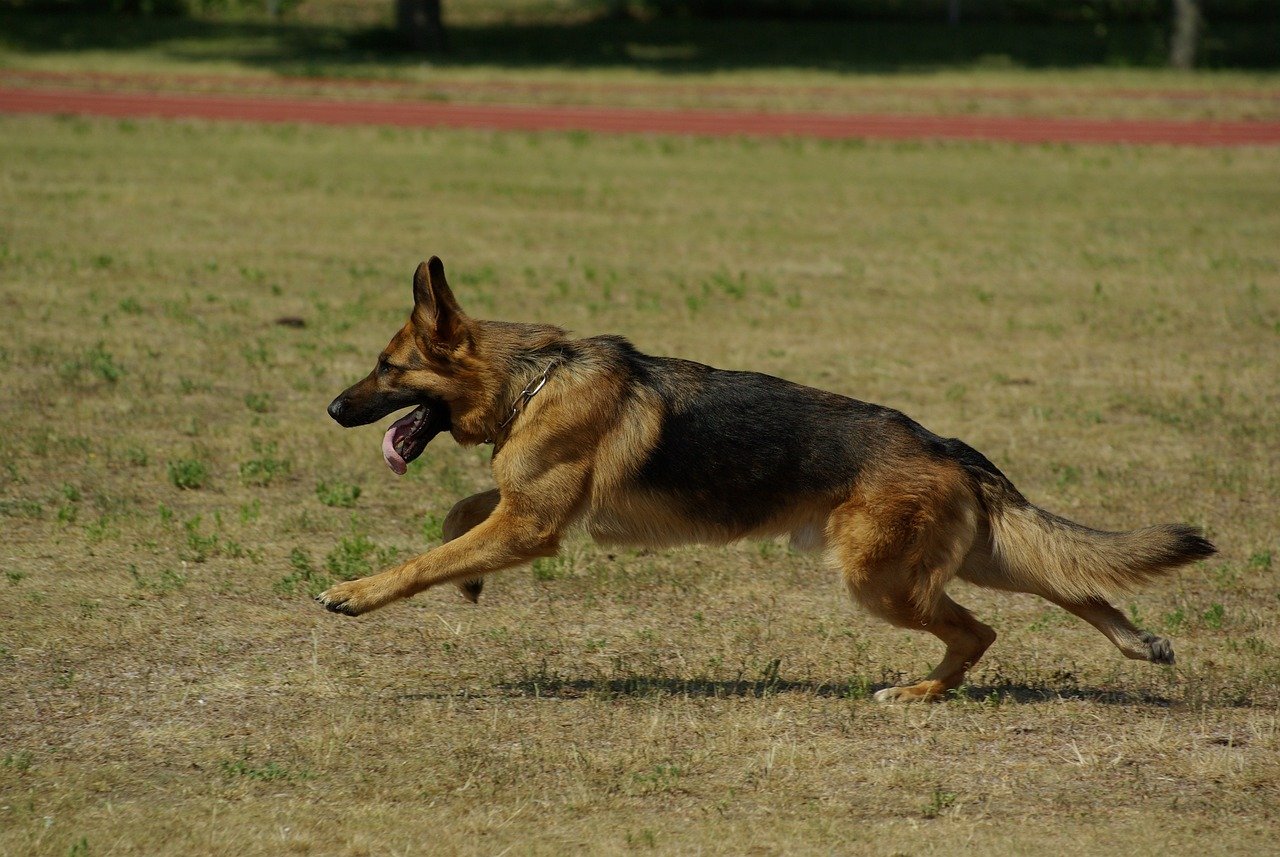
A quick walk around the block won’t cut it for this breed. German Shepherds are athletes with energy to spare. They love running, hiking, swimming, and even agility courses. If their exercise needs aren’t met, they might invent their own fun—like chewing your favorite shoes or digging up the backyard. Many owners find that a tired Shepherd is a happy Shepherd. Regular exercise isn’t just about burning calories; it’s about giving them a healthy outlet for their instincts and keeping their minds sharp.
Grooming and Shedding: The Fluffy Truth
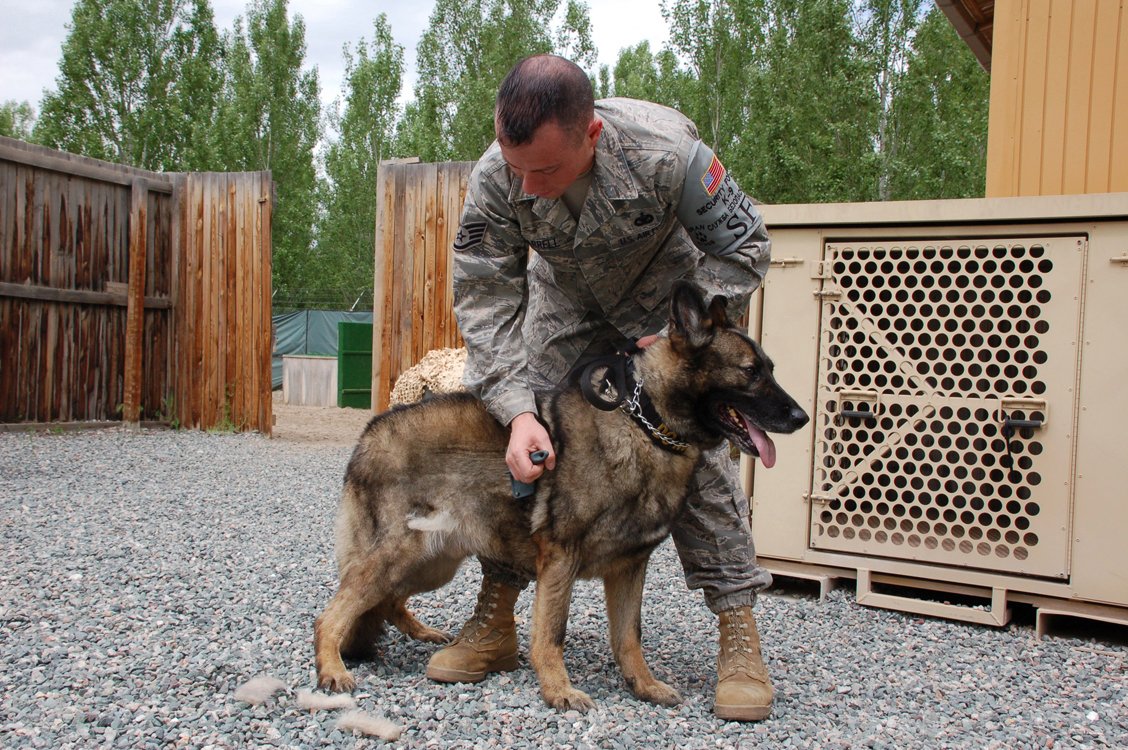
You might be surprised by how much hair one dog can shed—until you live with a German Shepherd. They have a double coat that sheds year-round, with heavy “blowouts” in the spring and fall. Regular brushing, at least a few times a week, is essential to keep their coat healthy and reduce the amount of fur on your furniture. Bathing can be done every couple of months unless they get especially dirty. Their nails need trimming, ears need cleaning, and teeth should be brushed regularly. While their grooming routine isn’t as intense as some breeds, it’s not for the faint of heart.
Health Considerations: Common Issues to Watch For
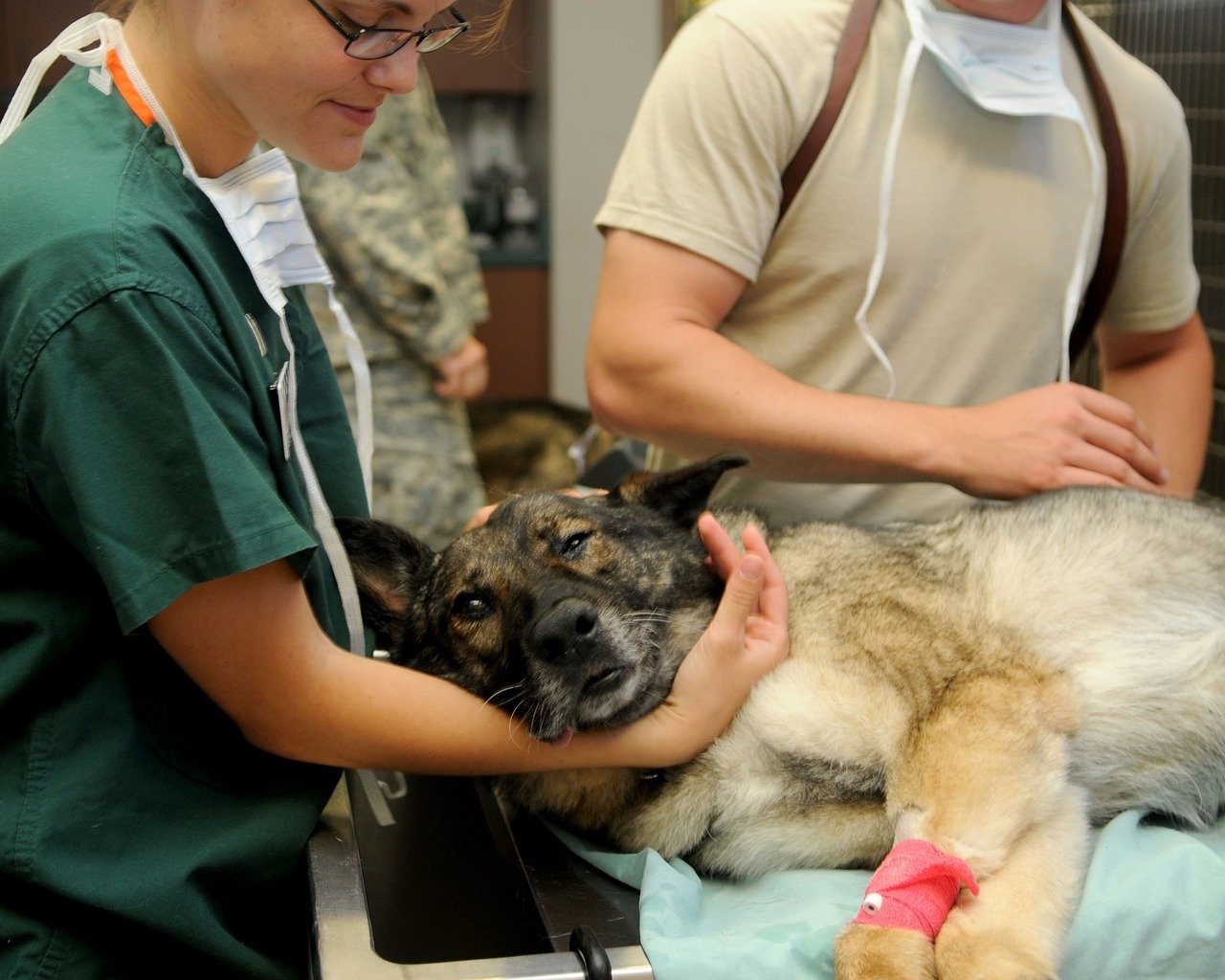
Like many large breeds, German Shepherds are prone to certain health issues. Hip and elbow dysplasia are common concerns, often leading to arthritis as they age. They may also be at risk for digestive issues, allergies, and degenerative myelopathy—a progressive spinal condition. Regular vet checkups, a high-quality diet, and keeping them at a healthy weight can help manage these risks. Responsible breeders test their dogs for genetic conditions, so it’s wise to research before bringing a Shepherd home. Being aware of potential health problems helps you provide the best care possible.
Family Life: Gentle Protectors or Overzealous Guards?

German Shepherds are known for being protective, especially of children and the vulnerable. In the right environment, they can be gentle, playful, and patient with kids. However, their guarding instincts can sometimes lead to overzealous behavior—barking at strangers or trying to “herd” family members. Setting boundaries through training and socialization is crucial. With the right guidance, they become loyal, loving family members who know when to protect and when to relax. They thrive in homes where everyone is on the same page about rules and routines.
Living Environment: Apartment or Open Space?
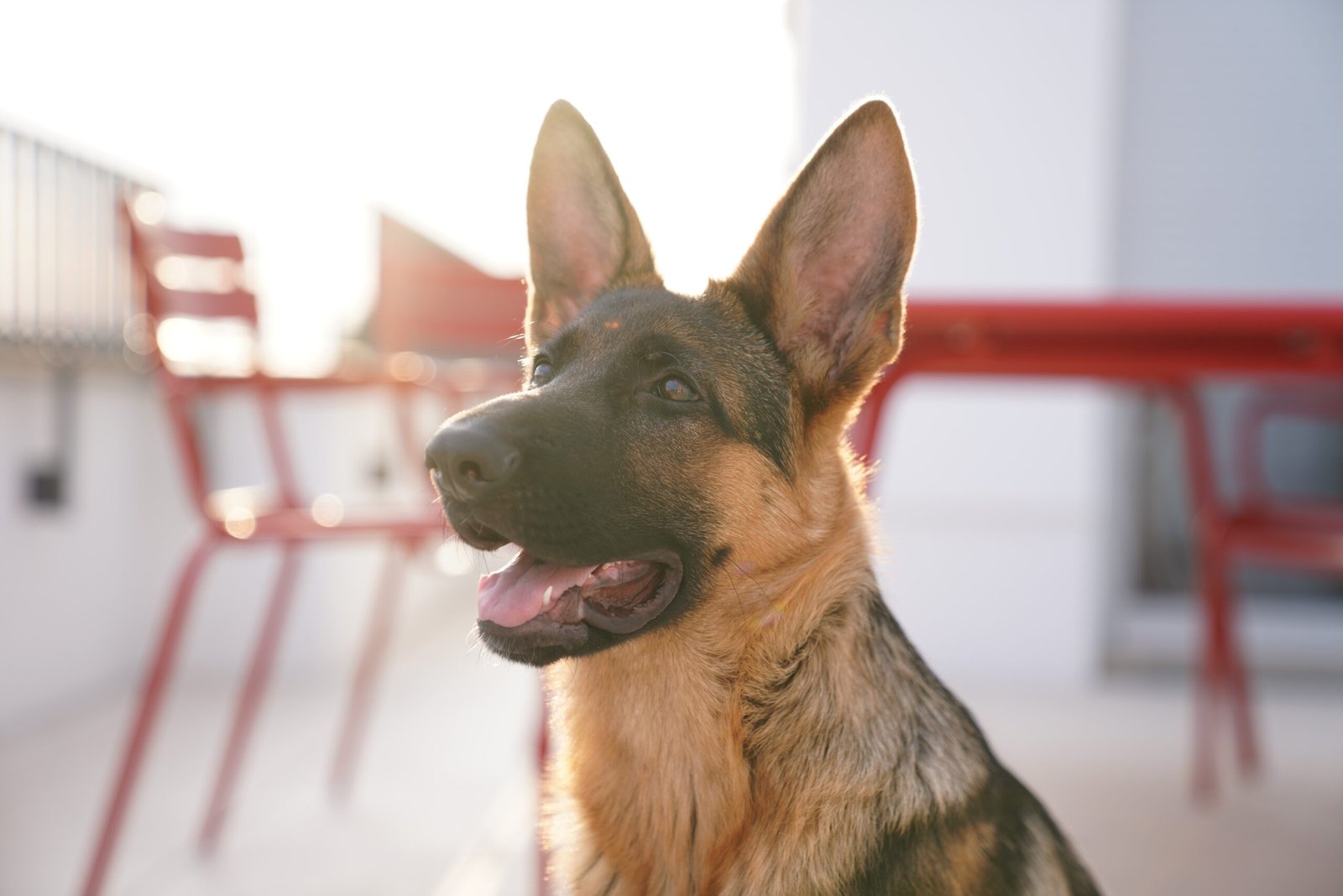
While German Shepherds can adapt to many living situations, they truly shine in homes with space to roam. A fenced yard is ideal, giving them room to run and explore safely. Apartment living is possible, but only if their exercise and mental needs are met every day. They’re not the type to laze around all afternoon—they want to be part of the action. Without enough stimulation, they can develop behavioral problems or become anxious. No matter where you live, the most important thing is giving them plenty of attention and activity.
Are They Right for You? The Final Decision
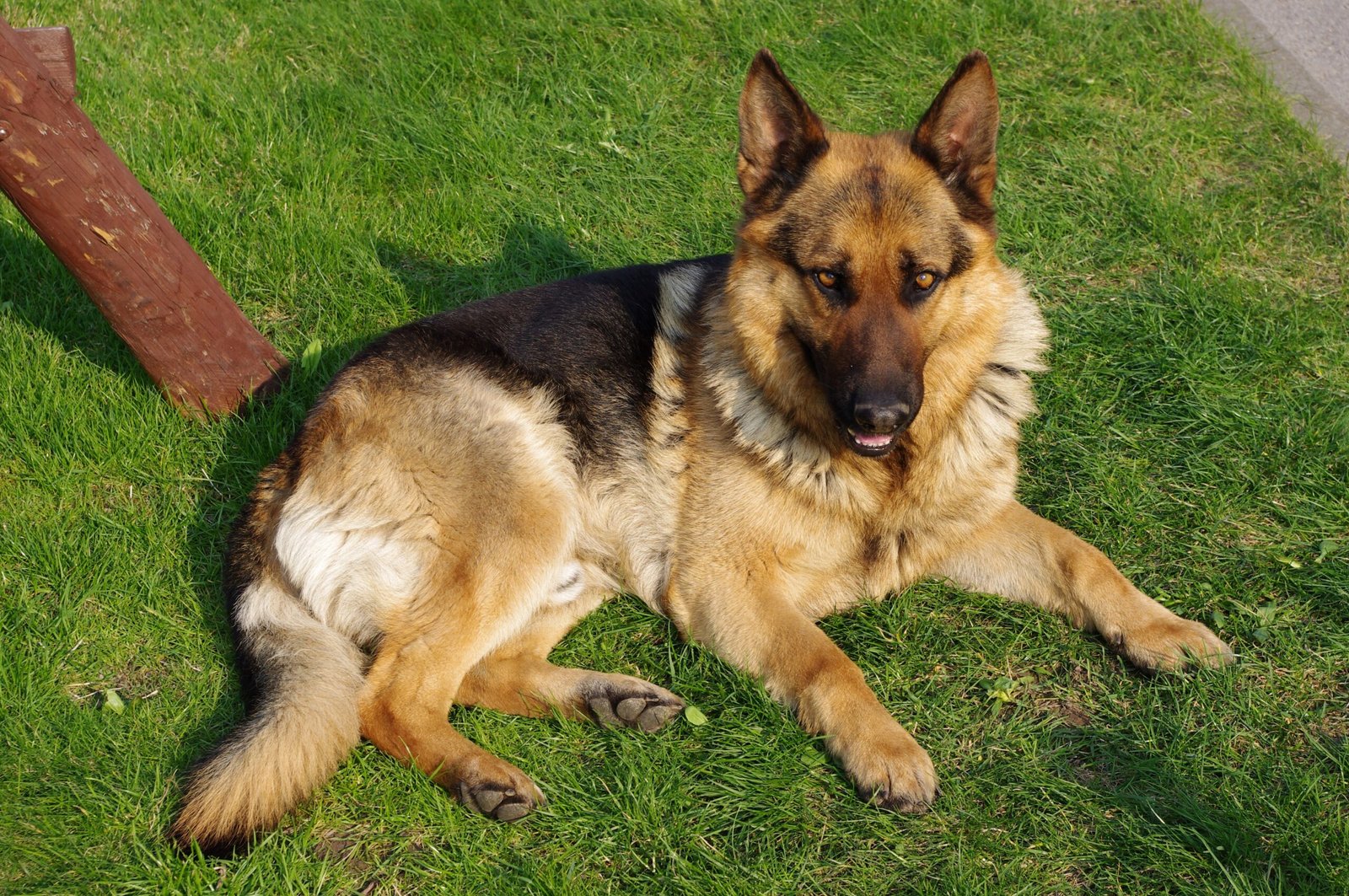
Bringing a German Shepherd into your life is a big commitment. They offer unmatched loyalty, intelligence, and companionship, but they also come with high energy and specific needs. If you’re looking for a partner to join you on adventures, challenge your mind, and keep you feeling safe, a German Shepherd might be your perfect match. If you prefer a low-maintenance lap dog, you may want to look elsewhere. These dogs give their whole heart—but expect just as much in return. Are you ready for the adventure?
In the end, German Shepherds can be both devoted companions and high-maintenance guardians—it all depends on how prepared you are to meet their needs. With proper care, training, and engagement, they’ll reward you with fierce loyalty and unmatched affection. They aren’t the easiest breed for every lifestyle, but for those willing to invest the time and energy, a German Shepherd can be the ultimate best friend.






